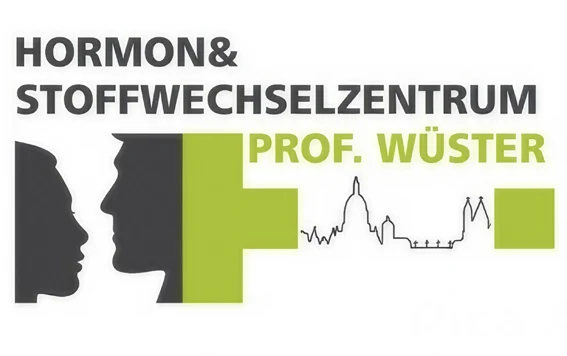Endocrinologist in Mainz: What to do if the pituitary gland fails?
Pituitary gland diseases can lead to an over- or underproduction of hormones with a variety of effects
Hormones act as messengers in our body. They transmit messages – for example between tissues or organs. The pituitary gland is an important organ for hormone balance. What makes the pituitary gland so important is that the hormones it produces control various glands such as the ovaries, testicles, thyroid and adrenal glands. The pituitary gland is the size of a pea and lies well protected behind the eyes in the centre of the head. The name of the organ has its origin in the Greek ‘hypo’ = ‘to lie under’ and ‘phyein’ = ‘to grow out of something’. The pituitary gland is connected to the brain via a thin stalk. The complex hormone system produces a total of eight hormones that are important for the organism from different cells. The pituitary gland, also known as the hypophysis, is without question one of the central organs in our body.
The processes that hormones control affect the thyroid gland, the function of the adrenal glands, the sexual organs, body growth and fluid balance. If the pituitary gland becomes diseased, there is an over- or underproduction of hormones, which can have a variety of serious effects on the entire organism. Failure symptoms of individual or even several hormone axes occur.
The pituitary gland produces a total of eight hormones that are important for the organism from different cells
Damage to the pituitary gland is caused in particular by tumors, inflammation, circulatory disorders or even trauma. These thyroid diseases have an impact on the entire hormonal balance. The pituitary gland not only produces hormones such as adreno-corticotropic stress hormone (ACTH), sex hormones or growth hormones, but also thyroid-stimulating hormone (TSH), which affects the release of the thyroid hormones L-thyroxine and triiodothyronine.
The pituitary gland also secretes antidiuretic hormone (ADH), which regulates water balance. Constant thirst can be a symptom of diabetes insopidus, a disorder caused by a thyroid disorder.
Pituitary disease has an impact on the entire body
In acromegaly, for example, too much growth hormone is released. However, if too little growth hormone is produced, deficiencies such as short stature occur. Cushing’s syndrome occurs when the pituitary gland produces too much of the hormone cortisol. The result: obesity, muscle loss, reduced performance. However, overproduction of the hormone prolactin can lead to infertility. A thorough examination by an endocrinologist will clarify the causes, which are often hormonal. Only after a comprehensive endocrinological clarification of the pituitary function can a targeted therapy be initiated. ‘And surgery is not always necessary. The therapy depends on the clinical picture. Hormone therapy is often sufficient,’ says Prof Dr Christian Wüster, a practising endocrinologist in Mainz.
Mainz: Therapy after detailed endocrinological clarification of pituitary function
A pituitary tumour does not always require surgery. It can be both hormone-active and hormone-inactive. The symptoms caused by a pituitary tumour depend on the respective hormone types. The tumour can also affect and constrict areas of the brain – for example the optic nerve or blood vessels. However, a tumour of the pituitary gland can also develop without symptoms. In around 10 per cent of autopsies, smaller pituitary tumours are found that were not noticeable during the patient’s lifetime.
Image: © CLIPAREA.com/Fotolia

